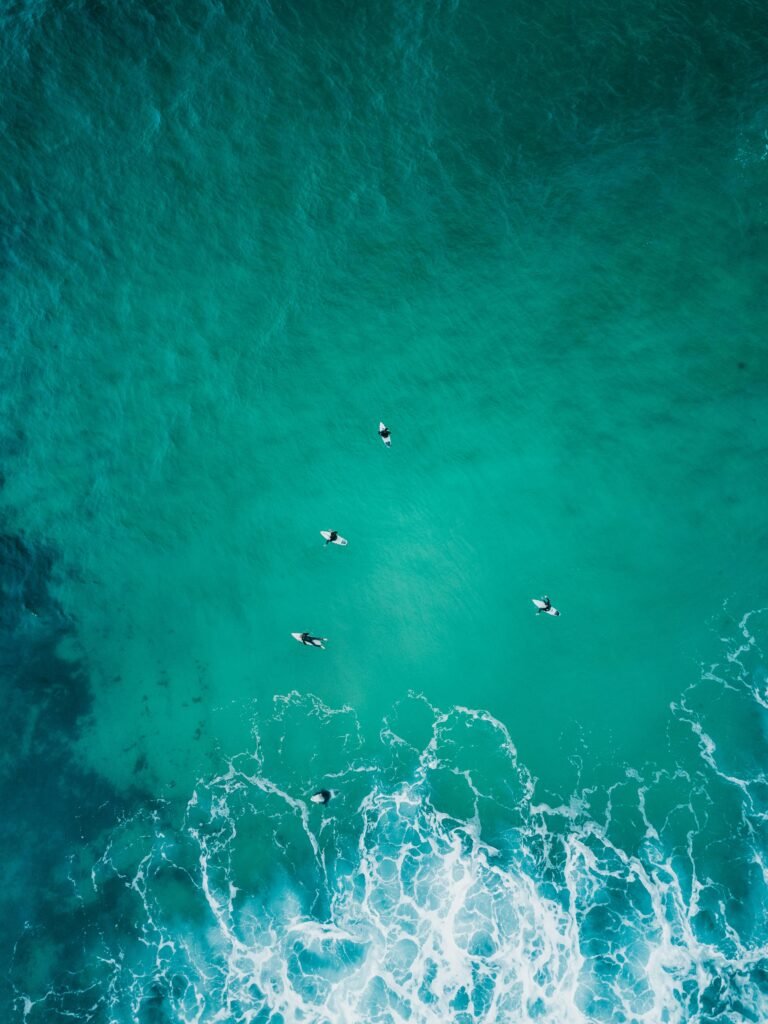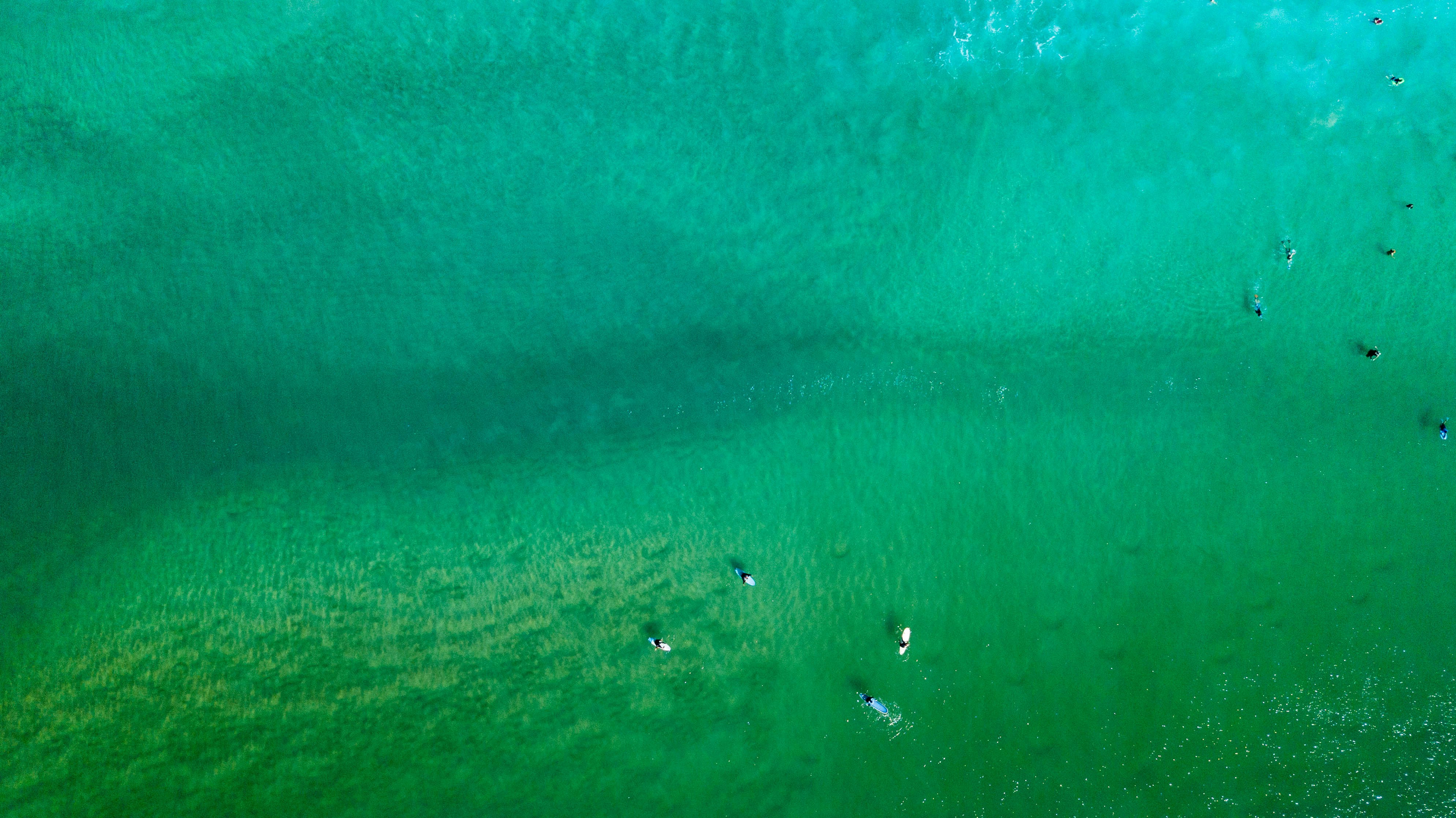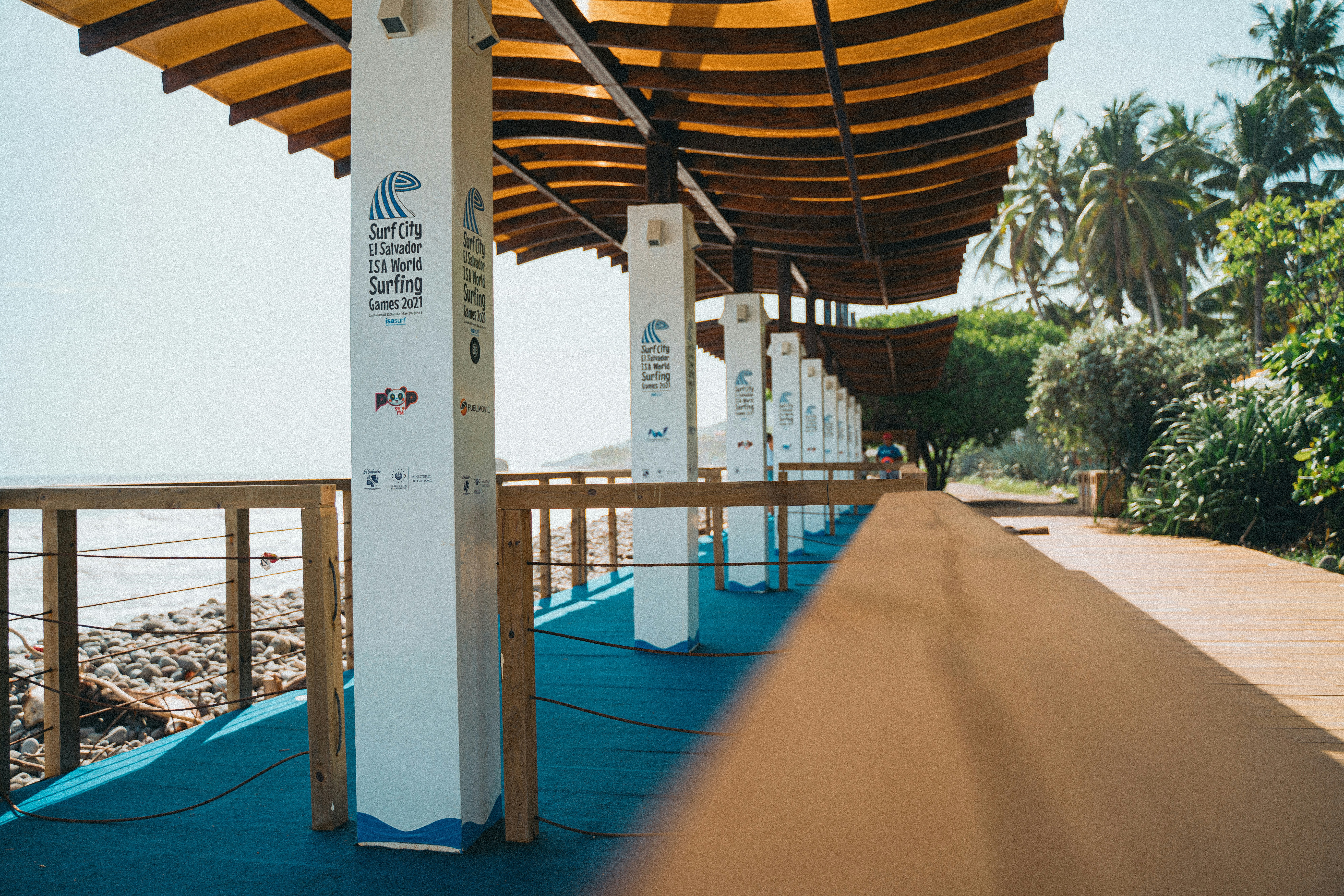The Deep Connection Between Surfers and the Ocean
The intrinsic relationship between surfers and the ocean is a phenomenon that transcends mere sporting interest. Surfers often find themselves deeply immersed in the watery world, developing a profound understanding of and appreciation for the marine environment. This connection is nurtured through hours spent riding waves, where the natural beauty, power, and fragility of the ocean become intimately familiar. The act of surfing itself fosters a sense of responsibility and awareness regarding the need to preserve these valuable ecosystems.
Clean water and healthy marine environments are fundamentally vital for maintaining optimal surfing conditions. When surfers engage with the ocean, they quickly become attuned to the indicators of environmental health, such as water clarity, pollution levels, and the presence of marine life. This heightened awareness often propels them toward environmental activism, as they recognize the impact of human activities on the oceans. Surfers frequently advocate for conservation efforts, emphasizing the importance of clean beaches, protected marine areas, and sustainable practices to ensure the longevity of their beloved sport.
Anecdotal accounts from surfers illustrate this deepened connection to environmental issues stemming from their experiences in the water. Many surfers recount how their passion for riding waves has opened their eyes to environmental degradation, compelling them to take action. For instance, a surfer who regularly enjoys pristine beaches may notice the detrimental effects of plastic pollution and industrial runoff, sparking a personal mission to engage in clean-up events and raise awareness within their communities. The experiences shared by these surfers highlight the powerful bridge that surfing creates between exhilarating recreation and a commitment to preserving the natural world. By embracing this bond, surfers not only enrich their surfing experiences but also contribute to the broader conversation about marine conservation.

The Impact of Pollution on Surfing Environments
Coastal regions and ocean ecosystems are vital not only for marine life but also for the surfing community. However, these environments are increasingly threatened by various forms of pollution, which pose significant risks to water quality and, consequently, to surfers’ health and enjoyment. One of the most pressing issues is plastic waste, which accumulates on beaches and in the ocean, resulting in debris that can be hazardous to both wildlife and surfers. According to a report from the United Nations, it is estimated that over 8 million tons of plastic enter the oceans each year, severely impacting marine habitats.
Moreover, chemical runoff from agricultural practices and urban areas also contributes to pollution in coastal waters. Fertilizers, pesticides, and other chemicals can wash into the ocean, leading to harmful algal blooms that diminish the quality of surfable waters. Statistics from the Environmental Protection Agency highlight that nutrient pollution is among the leading causes of water quality impairments, affecting multiple regions where surfing is prevalent. This, in turn, not only alters marine ecosystems but also raises concerns for surfers who could experience skin irritations or other health issues when exposed to contaminated water.
Oil spills present another severe threat to surfing environments. These incidents, which can occur from tanker accidents or offshore drilling operations, have devastating effects on both local wildlife and water quality. The aftermath of such events leaves lasting impacts on surf breaks, often disrupting the natural landscape and reducing the viability of surfable waves. Real-life case studies illustrate the urgent need for action; in instances like the 2010 Deepwater Horizon spill, the area’s surfing culture was profoundly affected, underscoring the necessity for surfers to advocate for cleaner oceans.
In light of these challenges, various initiatives have emerged within the surfing community aimed at raising awareness and combating ocean pollution. Organizations dedicated to beach clean-ups and education are essential in improving marine environments and supporting sustainable surfing practices, highlighting an ongoing commitment to preserving these invaluable coastal ecosystems.

Surfers as Advocates for Environmental Change
In recent years, surfers have increasingly taken on the role of environmental advocates, recognizing their unique connection to the ocean and the pressing need to protect marine ecosystems. This grassroots movement has birthed various surfer-led organizations dedicated to promoting ocean conservation and sustainability. One notable example is the Surfrider Foundation, an influential non-profit organization that focuses on protecting clean water and healthy beaches. Through grassroots efforts, educational campaigns, and legal action, Surfrider mobilizes the surfing community to drive meaningful environmental change.
Prominent surfers like Kelly Slater and Bethany Hamilton have become vocal champions for ocean health, using their platforms to raise awareness about critical issues such as plastic pollution and climate change. Kelly Slater, with his worldwide fame, has consistently underscored the importance of sustainable surfing practices and the urgent need to address environmental degradation in coastal areas. Similarly, Bethany Hamilton has been involved in numerous initiatives aimed at ocean conservation, encouraging her fans and fellow surfers to take a stand against the threats facing the world’s oceans.
The impact of surfer activism is further exemplified through events such as the “Ocean Plastic Prevention Conference,” where surfers, scientists, and environmentalists gather to discuss solutions for decreasing plastic waste in the oceans. These gatherings not only foster collaboration but also serve as a platform for sharing innovative ideas on how to maintain the integrity of marine ecosystems. As surfers continue to engage in activism, they inspire local communities to become more involved in environmental issues, demonstrating that the surfing culture can significantly contribute to global efforts to protect our oceans.
Through awareness campaigns, organized clean-up events, and educational outreach, surfers play a pivotal role in advocating for ocean preservation. This growing movement within the surfing community illustrates the potential for collective action and amplifies the message that safeguarding our marine environments is essential for future generations of surfers and ocean enthusiasts alike.

Getting Involved: How Surfers Can Make a Difference
Surfers have a unique connection to the ocean, making them well-positioned to advocate for the protection of marine environments. Engaging in environmental advocacy not only helps preserve the surf breaks they cherish but also promotes a healthier ocean ecosystem for future generations. One of the most effective ways surfers can contribute is through participating in beach clean-up initiatives. Regularly organizing or joining local beach clean-up events helps eliminate trash and debris that can harm marine life and damage the habitat. Engaging with local surf shops and clubs can provide opportunities to collaborate with like-minded individuals committed to coastal preservation.
Additionally, practicing responsible surfing contributes to environmental sustainability. This includes avoiding reef breaks during sensitive seasons to lessen ecological stress, using eco-friendly surf waxes, and opting for surfboards made from sustainable materials. By sharing these practices within their communities, surfers can raise awareness of sustainable surfing methods, encouraging a collective shift toward environmentally conscious choices.
Supporting local and global conservation groups is another vital avenue for involvement. Many organizations focus on ocean conservation, providing resources and tools for surfers to educate themselves and their peers about the importance of preserving marine ecosystems. By volunteering time, donating funds, or even just spreading the word on social media, surfers can amplify conservation messages and facilitate broader community support.
Community involvement is crucial, as shared responsibility fosters a culture of accountability and proactive measures in environmental advocacy. By engaging with others, from fellow surfers to local residents, everyone can collectively contribute to a healthier ocean. By taking actionable steps—whether through clean-ups, responsible practices, or supporting conservation efforts—surfers play a significant role in protecting our oceans, making a tangible difference both locally and globally.





Leave a Reply